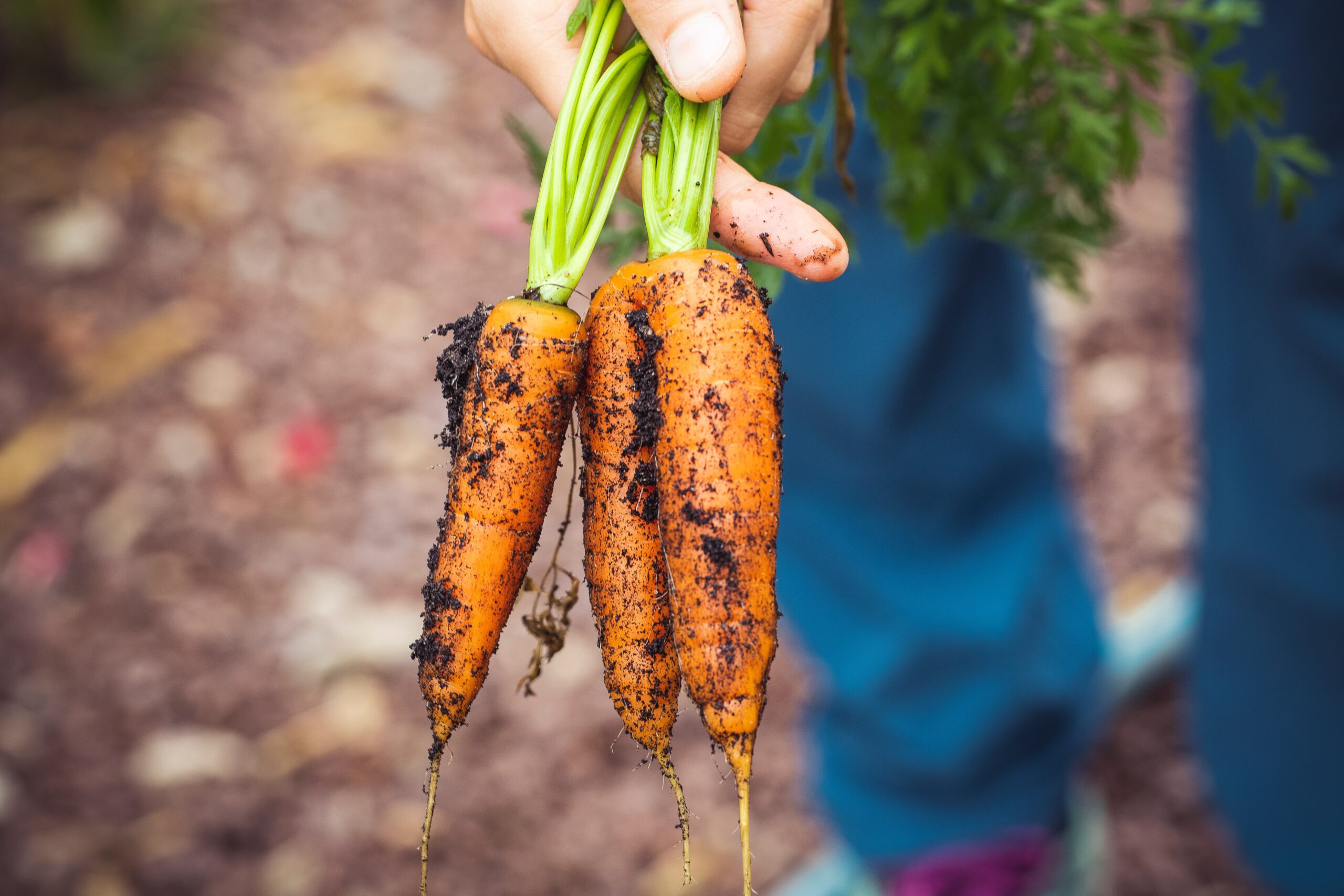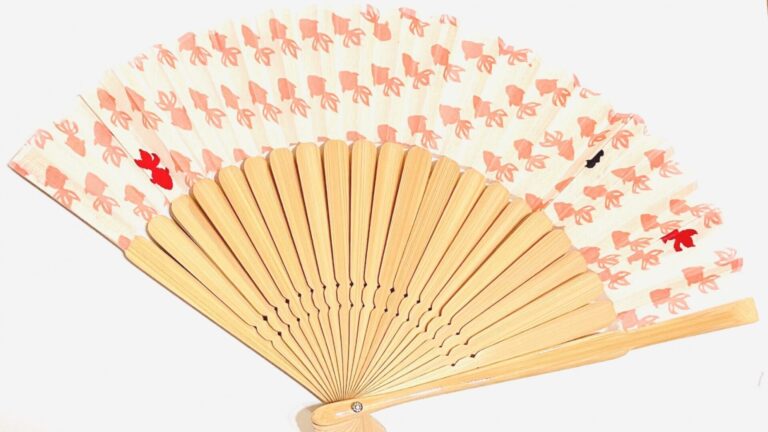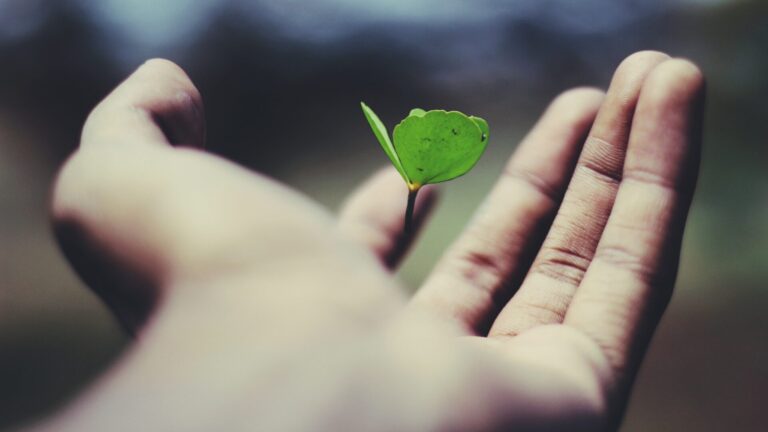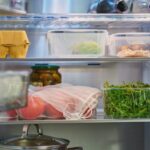Shopping for food in Japan, you’ll see “有機 (organic)” and “無添加 (additive-free)” labels everywhere. But what do these terms actually mean? Many people assume they’re “probably good for you” without understanding the real differences. This guide breaks down everything you need to know about organic and additive-free products in Japan.
Understanding Organic: More Than Just a Label
What Makes Food Organic?
Organic food is grown using specific farming methods that prioritize environmental sustainability. In Japan, organic products must meet strict Organic JAS Certification standards.
Key organic requirements:
- No synthetic pesticides or chemical fertilizers
- No genetically modified organisms (GMOs)
- Livestock raised in natural environments
- Animals fed organic feed without antibiotics or hormones
Why Farmers Use Pesticides and Chemical Fertilizers
Traditional farming relies on pesticides and fertilizers for good reasons. These tools help farmers produce more food, maintain consistent quality, and keep prices affordable for consumers.
Pesticides protect crops from pests, diseases, and weeds that could destroy entire harvests. They enable farmers to grow more food on less land while maintaining crop quality.
Chemical fertilizers provide essential nutrients like nitrogen, phosphorus, and potassium that plants need to grow. They’re especially important when intensive farming has depleted soil nutrients.
The Environmental Cost of Conventional Farming
However, overusing these chemicals creates serious environmental problems that affect our future food security.
Water and Soil Contamination
Pesticides wash off fields into rivers, lakes, and oceans, causing water pollution and oxygen depletion. This harms aquatic life and destroys beneficial soil microorganisms essential for healthy crop growth.
Harm to Wildlife
Over 98% of insecticides and 95% of herbicides affect species beyond their target pests. This threatens bees, butterflies, birds, and other wildlife crucial for ecosystem balance.
Ecosystem Disruption
Fewer pollinators and natural pest controllers mean reduced crop yields and increased vulnerability to diseases. Some pesticides remain in the environment for decades, causing long-term ecological damage.
Chemical Fertilizer Problems
Chemical fertilizers contribute to water pollution through runoff, creating “dead zones” in lakes and coastal areas. They also:
- Degrade soil quality over time
- Emit nitrous oxide, a greenhouse gas 300 times more potent than CO₂
- Reduce biodiversity in farming areas
- May contain trace heavy metals and contaminants
Additive-Free vs. Organic: Key Differences
Additive-Free: What’s Not Inside
“Additive-free” means products don’t contain artificial additives like colorings, preservatives, artificial sweeteners, or fragrances. However, this term lacks official definition in Japan, making labeling inconsistent.
Important note: Since there’s no standard definition, manufacturers can interpret “additive-free” differently. Look for specific information about which additives are excluded.
Organic: How It’s Grown
Organic certification focuses on farming methods, not just final ingredients. In Japan, only products with Organic JAS Certification can legally use the “organic” label.
Key difference: Organic products may still contain some approved additives and natural pesticides within certification guidelines. Organic doesn’t automatically mean completely pesticide-free or additive-free.
Learn more about sustainability certifications
The Reality of “Pesticide-Free” Farming
No Such Thing as Completely Pesticide-Free
Even organic farming uses some pesticides—they’re just different types with strict regulations.
Permitted organic pesticides include:
- Natural options: Bacillus thuringiensis (Bt), spinosad, pyrethrin from chrysanthemums
- Limited synthetics: Hydrogen peroxide, boric acid (only when natural alternatives aren’t available)
- Natural materials like compost, livestock manure, bone meal
Prohibited materials:
- Synthetic fertilizers like urea and ammonium nitrate
- Materials from intensive livestock operations
- Any GMO-containing substances
- Even some natural substances like arsenic (due to toxicity)
Organic Prioritizes Natural Balance
Organic farming values working with natural ecosystems rather than against them. The goal is producing food while protecting soil health and environmental sustainability for future generations.
Is Choosing Organic Worth It?
Benefits of Organic Products
- Environmental protection: Reduces chemical runoff and soil contamination
- Supporting sustainable farmers: Encourages environmentally conscious farming practices
- Long-term food security: Maintains soil health for future crop production
Drawbacks to Consider
- Higher prices: Organic products typically cost 20-50% more than conventional options
- Limited availability: Not all stores carry extensive organic selections
- Policy dependence: Individual choices alone won’t transform farming—government support for organic farmers is crucial
Making Organic Work for Your Budget
You don’t need to buy everything organic to make a difference. Consider these practical approaches:
Smart organic shopping:
- Start with products you consume most frequently
- Buy organic seasonally when prices drop
- Choose local organic producers when possible
Beyond shopping:
- Vote for politicians who support sustainable farming policies
- Support restaurants that use organic ingredients
- Learn about Japan’s local organic farming initiatives
Finding Organic and Additive-Free Products in Japan
Where to Shop
Major retailers:
Natural House (nationwide organic supermarket chain)
Kodawariya (organic specialty stores in Tokyo, Kanagawa, Saitama, Chiba areas)
Bio c’ Bon (organic specialty stores)
Local farmers’ markets and direct farm sales
Online options:
Tabechoku (An online market for seasonal foods direct from quality-focused farmers and fishers)Reading Japanese Labels
Look for these certifications:
- 有機JAS (Organic JAS): Official organic certification
- 無添加 (Mutenka): Additive-free
- 無農薬 (Munōyaku): No pesticides used
- 特別栽培 (Tokubetsu Saibai): Special cultivation with reduced chemicals
Making Sustainable Choices That Fit Your Lifestyle
Choosing organic and additive-free products isn’t about perfection—it’s about making conscious decisions within your means. Even small changes can positively impact your health and Japan’s environment.
Start small:
- Replace one frequently-used product with an organic version
- Try additive-free versions of processed foods you eat regularly
- Support local organic farmers when visiting farmers’ markets
- Share information about sustainable options with friends and family
Remember, sustainable living is a journey, not a destination. Every conscious choice contributes to a healthier food system for everyone living in Japan.








